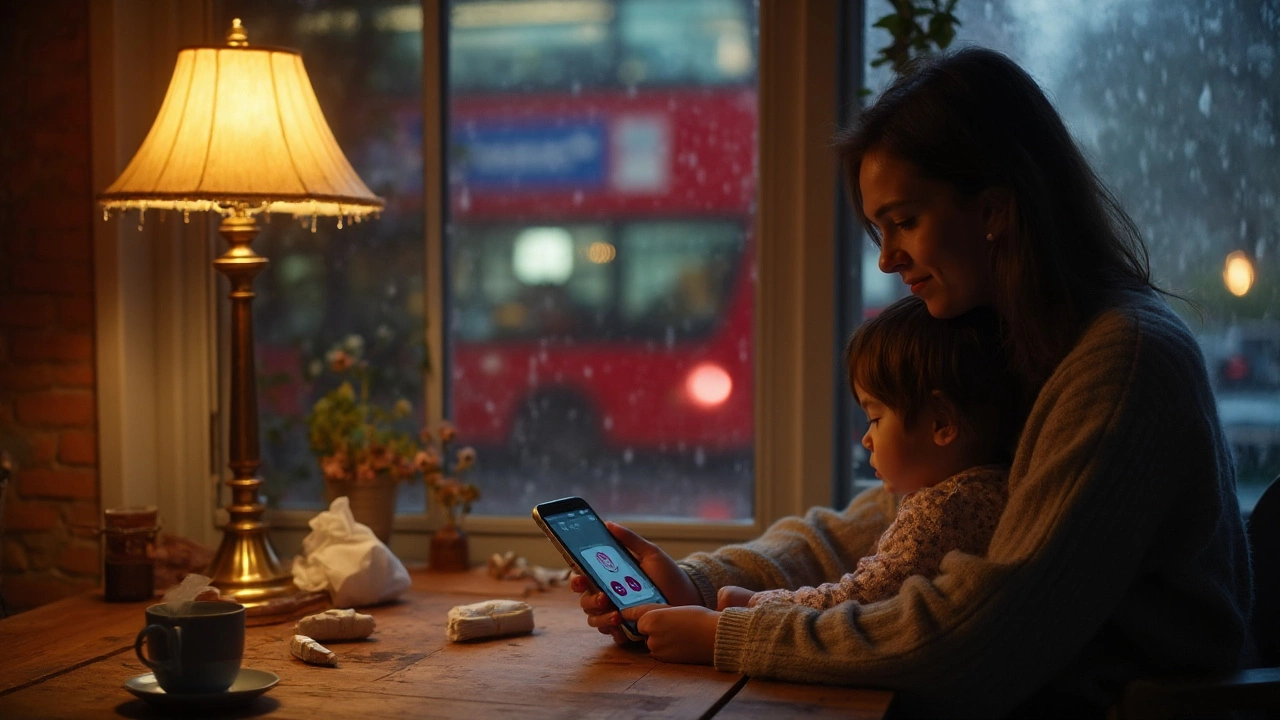Medical Triage Apps: Quick Guides to Choose the Right One
Ever wish you could get a snap judgment on whether a symptom needs a doctor visit or can wait? That’s the promise of a medical triage app – a simple tool that asks a few questions, checks your answers against clinical guidelines, and tells you what to do next. It’s not a replacement for a real doctor, but it can stop you from panicking over a sore throat or missing a serious warning sign.
What a Medical Triage App Actually Does
Most apps start with a symptom questionnaire. You tap through options like “pain level,” “duration,” and “where it hurts.” Behind the scenes a database of medical rules (often built by doctors) matches your answers to possible conditions. The result is a clear recommendation: “Call your GP within 24 hours,” “Visit A&E now,” or “Watch and wait, try home care.” Some even let you book a video consult directly or send your info to a local clinic.
Because the tech runs on your phone, you get instant feedback any time you’re at home, at work, or on the go. A good triage app also shows red‑flag symptoms – things like chest pain, sudden weakness, or severe bleeding – and urges you to seek emergency help right away.
How to Pick a Safe and Helpful App
Not every app is created equal. Here’s a quick checklist to keep you from downloading a sketchy one:
- Medical backing: Look for apps developed with clinicians or that cite reputable health organisations.
- Data privacy: Make sure the app follows GDPR (or your local privacy laws) and clearly states how your health info is stored.
- Clear disclaimer: The app should tell you it’s not a diagnosis and that you should still talk to a professional if you’re unsure.
- User reviews: Real‑world feedback often reveals glitches or misleading advice.
- Integration options: Some apps link to your NHS or private health portal, letting you send the triage results straight to your doctor.
If an app checks these boxes, you’re probably looking at a solid choice. Popular names in the UK include Ada, Babylon, and Push Doctor – each with a slightly different style but all built on clinical guidelines.
When you first open the app, take a minute to explore the help section. Familiarise yourself with the symptom list and the way it scores urgency. That way you won’t be caught off guard if it tells you to dial 999.
Remember, the goal is to give you peace of mind, not to replace a proper check‑up. Use the app as a first step, then follow up with your GP, NHS 111, or emergency services as advised.
On our site you’ll also find articles that dive deeper into related topics – from fast relief for chronic pain to what meds online doctors can prescribe. Those pieces can help you understand when a triage app’s advice lines up with other self‑care strategies.
Bottom line: a medical triage app is a handy sidekick for everyday health worries. Choose one that’s clinician‑backed, respects your data, and clearly tells you when to act. Then you’ll have a reliable tool right in your pocket, ready to guide you when you need it most.

